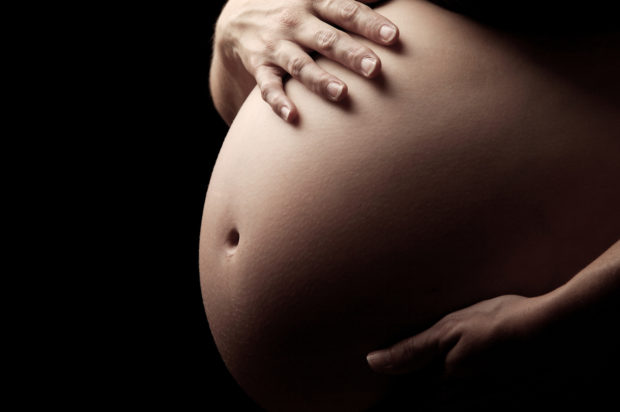
Image: iStock/pascalgenest via AFP Relaxnews
New Australian research has found that certain life events can have a bigger effect on our well-being than others.
Carried out by researchers from the University of Technology Sydney (UTS), the University of Sydney and the University of Queensland in Australia along with the Institute of Labor Economics in Germany, the new study looked at the effects of 18 major life events on the well-being of 13,969 Australians between 2002 and 2016.
The team analyzed data collected during face-to-face interviews with the participants and from completed questionnaires to investigate the effect of different life events on two different types of well-being: affective well-being which shows an individual’s level of “happiness” and how often and intensely they experience positive and negative emotions (such as feeling happy, feeling down, feeling full of life); and cognitive well-being which reflects how satisfied someone is with their life.
The findings, published in the journal SSM-Population Health, showed that the four most common life events experienced by the participants were moving house, finding a new job, a serious injury or illness in a close family member, and pregnancy, while the least common were getting married and becoming widowed.
Some events, such as moving house, getting fired, getting a promotion or friends dying, were also found to have little, if any, effect on well-being. However, other events, such as a large financial loss, and unsurprisingly, the death of a partner, had a significant impact.
The findings also revealed that some life events, such as marriage and retirement, had positive effects on cognitive well-being but they didn’t have a positive effect on affective well-being, while moving home had a negative effect on cognitive well-being but made no difference to affective well-being. In particular, pregnancy and childbirth showed the biggest differences in impact on the two measures, with the team finding that although measures of life satisfaction were quite positive in the first year after childbirth, levels of happiness actually declined during this time.
“Marriage, childbirth and a major financial gain produced the greatest elevation to well-being, however, they did not lead to long-lasting happiness. The positive effect generally wore off after two years. However, there was also an anticipatory effect for marriage and childbirth, with well-being increasing prior to these events,” explains lead researcher Dr. Nathan Kettlewell.
“The life events that saw the deepest plunge in well-being were the death of a partner or child, separation, a large financial loss or a health shock. But even for these negative experiences, on average people recovered to their pre-shock level of well-being by around four years,” he says.
“While chasing after happiness may be misplaced, the results suggest that the best chances for enhancing well-being may lie in protecting against negative shocks, for example by establishing strong relationships, investing in good health and managing financial risks,” says Dr. Kettlewell. “And we can take consolation from the fact that although it takes time, well-being can recover from even the worst circumstances.” JB
RELATED STORIES:
We may eat more when we’re with family or friends, says study
Teens who don’t date are less depressed, got better leadership skills — study